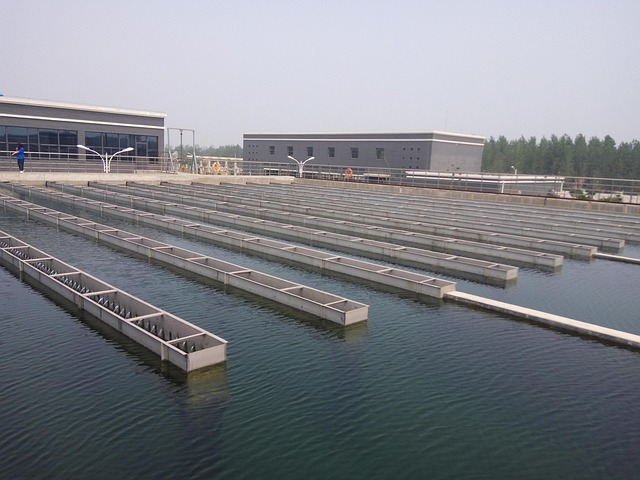Vitamin K2: Unsung Hero of Bone and Heart Health
Vitamin K2, a lesser-known member of the vitamin K family, has been quietly gaining attention in the world of nutrition and health. Often overshadowed by its more famous cousin, vitamin K1, this fat-soluble vitamin plays crucial roles in bone formation, cardiovascular health, and even cancer prevention. Despite its importance, many people remain unaware of vitamin K2's existence or its unique benefits. This oversight is particularly concerning given the widespread deficiency of this vital nutrient in modern diets, especially in Western countries where processed foods dominate the culinary landscape.

Chemical Structure and Forms
Vitamin K2 is not a single compound but a group of related substances called menaquinones. These are designated as MK-n, where “n” represents the number of isoprenoid side chain units. The most common forms found in supplements and foods are MK-4 and MK-7. MK-4 is primarily found in animal products, while MK-7 is produced by bacterial fermentation and is abundant in natto, a traditional Japanese food made from fermented soybeans.
Biological Functions
At the molecular level, vitamin K2 acts as a cofactor for the enzyme γ-glutamyl carboxylase, which is responsible for activating vitamin K-dependent proteins. These proteins play critical roles in various physiological processes, particularly in bone metabolism and cardiovascular health. One of the most important of these proteins is osteocalcin, which helps bind calcium to the bone matrix, promoting bone strength and density.
Bone Health and Osteoporosis Prevention
Numerous studies have highlighted the importance of vitamin K2 in maintaining strong, healthy bones. A landmark study published in the journal Osteoporosis International in 2013 found that postmenopausal women who took vitamin K2 supplements experienced significantly reduced bone loss compared to those who didn’t. This effect is believed to be due to K2’s ability to activate osteocalcin, which helps incorporate calcium into bone tissue.
Cardiovascular Benefits
Perhaps even more intriguing are the potential cardiovascular benefits of vitamin K2. Research has shown that this vitamin may help prevent the calcification of arteries by activating matrix Gla protein (MGP), which inhibits calcium deposition in blood vessel walls. A 2004 study published in the Journal of Nutrition found that high intake of vitamin K2 was associated with a reduced risk of coronary heart disease.
Synergy with Vitamin D and Calcium
One of the most fascinating aspects of vitamin K2 is its synergistic relationship with vitamin D and calcium. While vitamin D helps the body absorb calcium, vitamin K2 ensures that this calcium is deposited in the right places – namely, in the bones and teeth, rather than in soft tissues like arteries. This teamwork among nutrients highlights the importance of a balanced diet and the potential pitfalls of single-nutrient supplementation without considering the broader nutritional context.
Dietary Sources and Supplementation
Obtaining adequate vitamin K2 from diet alone can be challenging, especially for those following a Western diet. The richest dietary source is natto, which is not commonly consumed outside of Japan. Other sources include certain cheeses (particularly those made with bacterial fermentation), egg yolks, and organ meats. Given the difficulty in obtaining sufficient K2 from diet alone, supplementation has become increasingly popular.
Current Research and Future Prospects
The field of vitamin K2 research is rapidly evolving, with new studies continually uncovering potential benefits. Recent investigations have explored its role in diabetes management, cognitive function, and even cancer prevention. A 2019 study published in the journal Nutrients suggested that vitamin K2 supplementation might improve insulin sensitivity in patients with diabetes. While these findings are promising, more research is needed to fully understand the breadth of vitamin K2’s health impacts.
Challenges and Controversies
Despite the growing body of evidence supporting vitamin K2’s importance, some controversies persist. One ongoing debate concerns the optimal dosage and form of supplementation. While some studies have shown benefits with doses as low as 45 mcg per day, others have used much higher doses, particularly of the MK-7 form. Additionally, questions remain about the bioavailability and efficacy of different forms of K2, with some researchers arguing that the longer-chain menaquinones like MK-7 may be more effective than the shorter-chain MK-4.
A Nutrient Worth Noticing
As our understanding of nutrition continues to evolve, vitamin K2 stands out as a nutrient deserving of more attention. Its unique roles in bone and cardiovascular health, combined with its synergistic relationships with other essential nutrients, make it a valuable component of a comprehensive approach to health and wellness. While further research is needed to fully elucidate its benefits and optimal usage, the current evidence suggests that ensuring adequate vitamin K2 intake – whether through diet or supplementation – may be a wise strategy for many individuals seeking to optimize their health.




